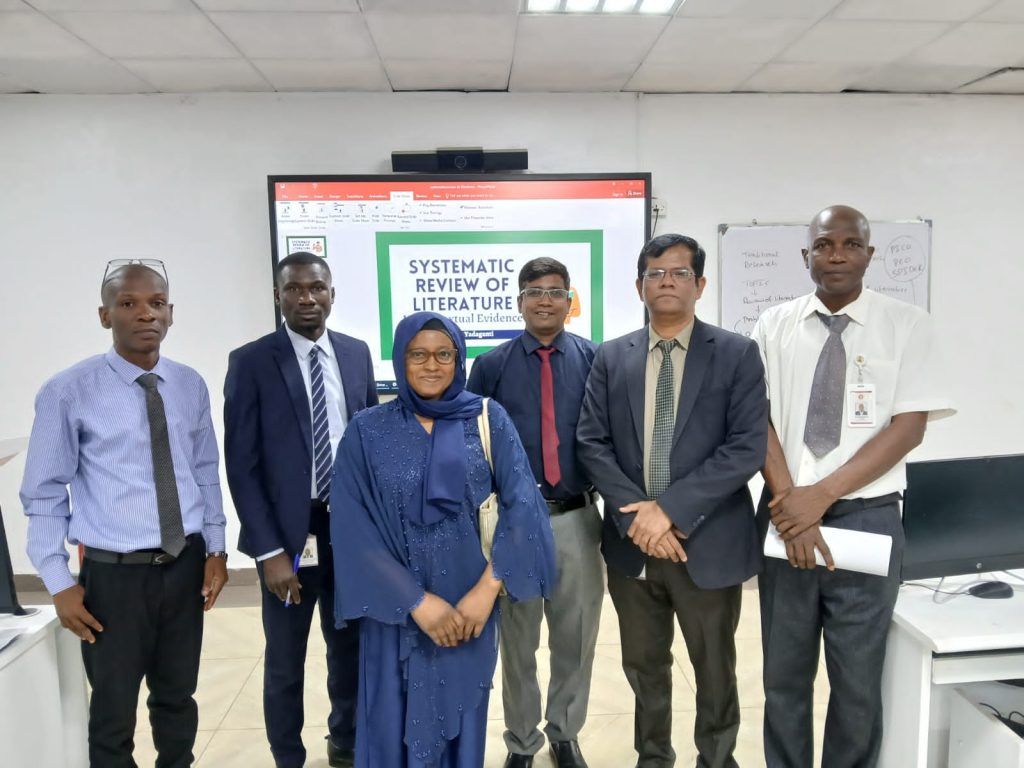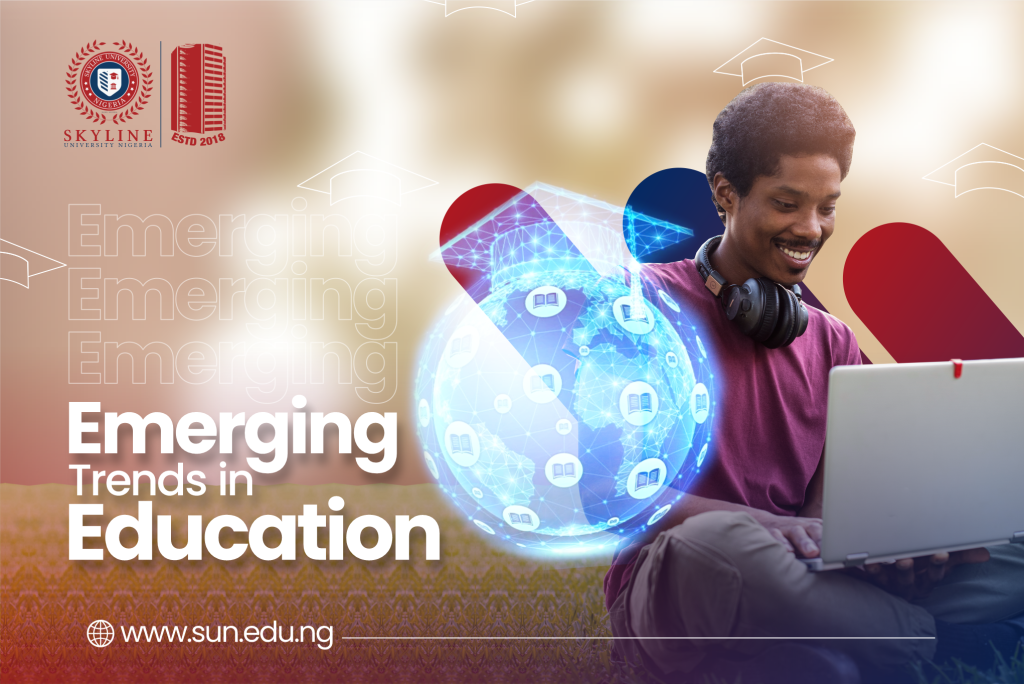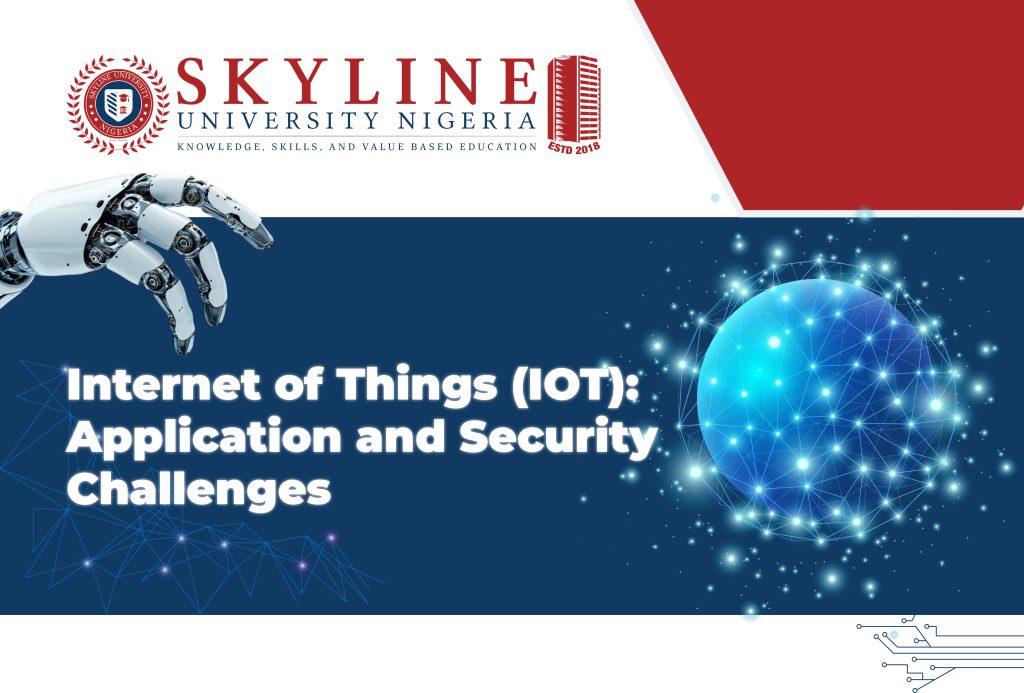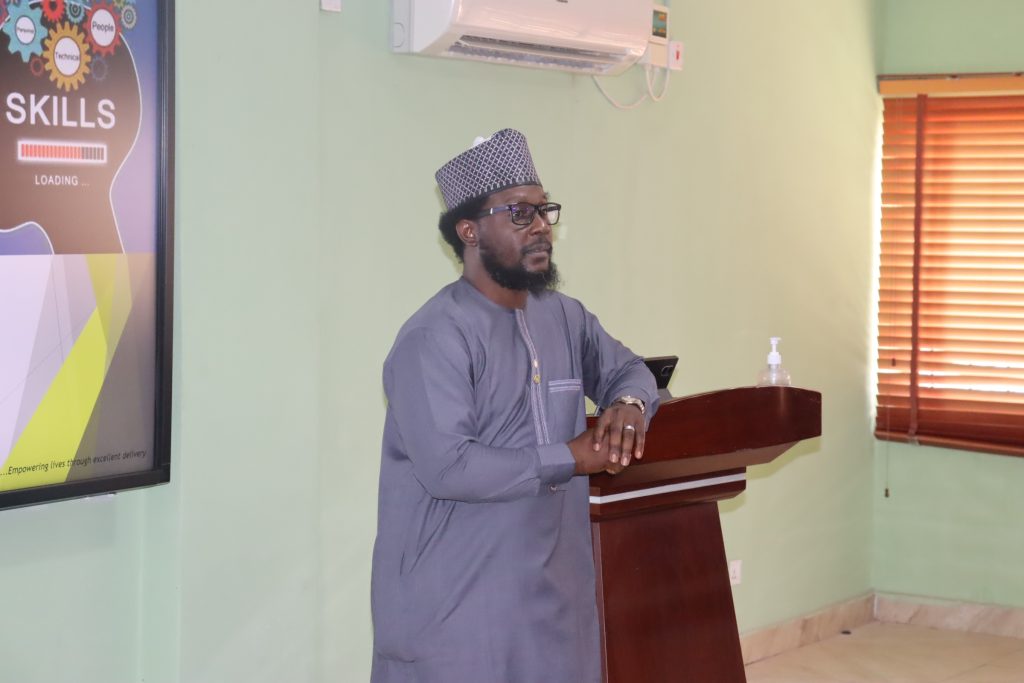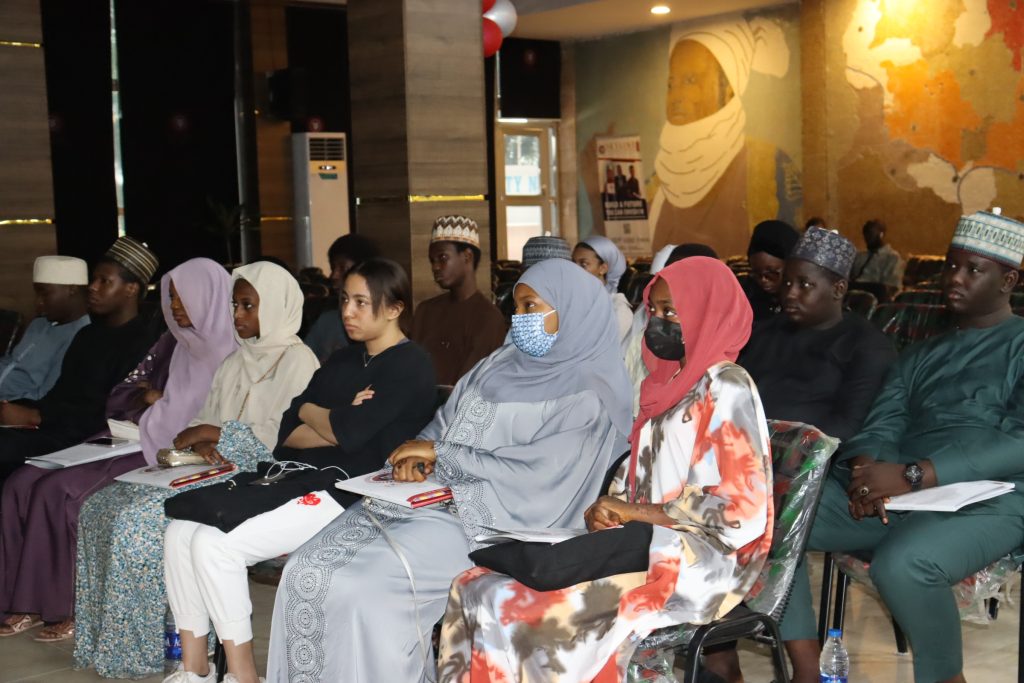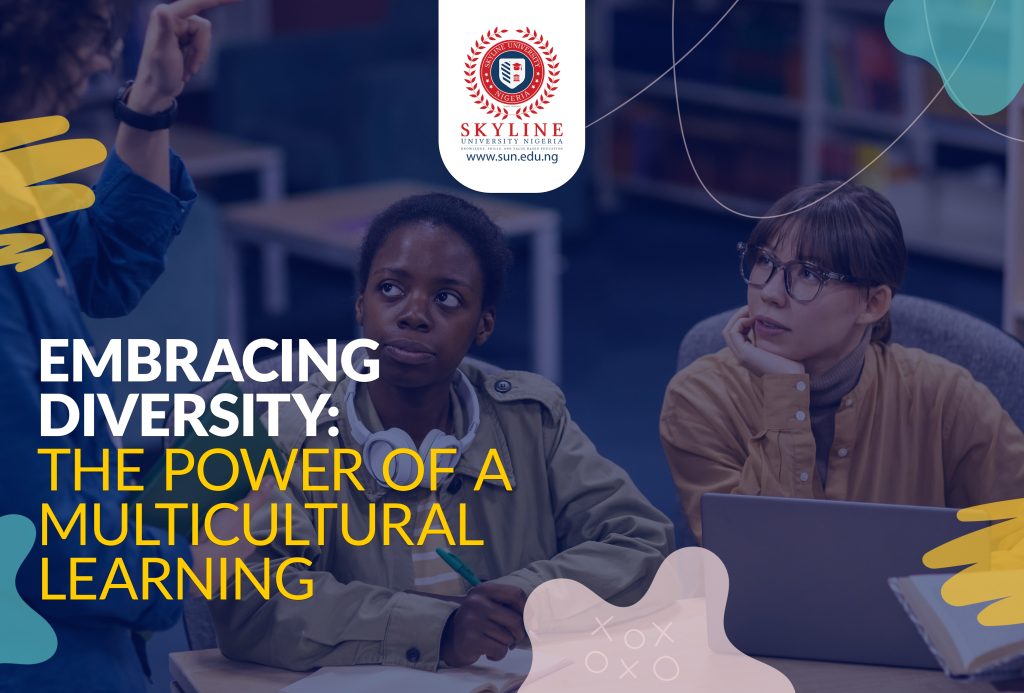SUN conducts Faculty Development Program
Skyline University Nigeria (SUN) has conducted a Faculty Development Program for the faculty staff of the university. The session titled ‘Systematic Review of Literature using Textual Evidence’ was delivered on Monday 14th, 2025 by Dr. Raghu Yadaganti, a senior lecturer in the School of Arts, Management and Social Sciences (SAMSS). Dr. Yadaganti emphasized the importance of systematic literature reviews in academic research, particularly in providing a structured and objective synthesis of existing studies. The session introduced participants to the foundational frameworks of systematic reviews, including the formulation of focused research questions and the use of digital databases for literature search. One of the key components addressed by the expert was the exploration of textual evidence—the use of direct quotes, paraphrased insights, and thematic interpretations from scholarly sources to support arguments, identify research gaps, and build strong narratives within academic writing. Dr. Yadaganti emphasized the importance of systematic literature reviews in academic research, particularly in providing a structured and objective synthesis of existing studies. The session introduced participants to the foundational frameworks of systematic reviews, including the formulation of focused research questions and the use of digital databases for literature search. One of the key components addressed by the expert was the exploration of textual evidence—the use of direct quotes, paraphrased insights, and thematic interpretations from scholarly sources to support arguments, identify research gaps, and build strong narratives within academic writing. He then explained that the PRISMA model offers a standardized way to report the process of identifying, screening, and selecting research studies in a systematic review. Participants were guided through the PRISMA flow diagram, which maps out each stage of the review process from initial identification of records to final inclusion, ensuring transparency and reproducibility. In addition to PRISMA, the session delved into Meta-Analysis, a statistical technique used to combine and analyze data from multiple studies, providing a more precise estimate of the overall effect of a phenomenon or intervention. Dr. Yadaganti highlighted that meta-analysis is especially valuable in fields such as social sciences, medicine, and education, where synthesizing findings across studies can lead to stronger, evidence-based conclusions. Dr. Yadaganti concluded the session by encouraging the faculty members to adopt systematic reviews in their research activity since, along with improving the academic rigor of publications, they contribute a lot to the knowledge base in fields. The Faculty Development Program is part of SUN’s overall plan for upskilling its faculties and ensuring the research conducted in the university is to international standards of quality and applicability. You can join the conversation on Facebook @SkylineUniversityNG and on Twitter @SkylineUNigeria
SUN conducts Faculty Development Program Read More »

